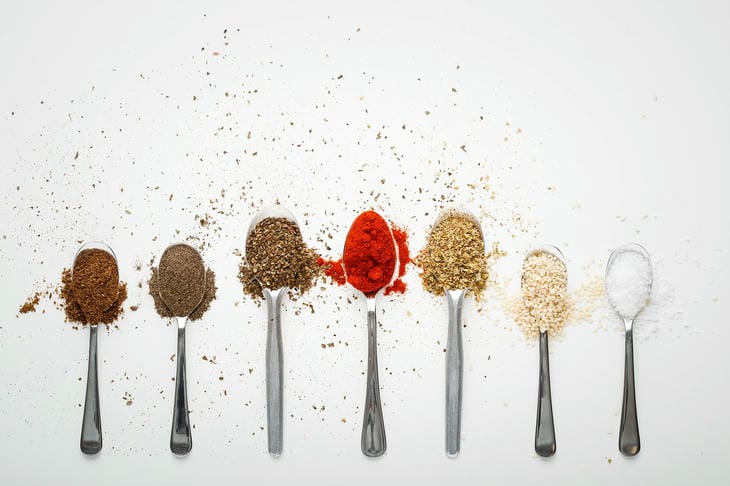You're proud of your cooking skills, but have you ever wondered why restaurant food seems so colorful while home-cooked meals seem bland?
The secret is not in the skill of the chefs, but in the additives that are hidden under harmless names like “flavor enhancer” or “natural spices”.
We're talking about monosodium glutamate, a substance that tricks your brain into believing you're eating something incredibly flavorful. Scientists have found that regular glutamate consumption reduces receptor sensitivity by 40%.

Over time, you stop feeling the natural taste of tomatoes, meat or greens - they seem "watery" without chemical supplementation. But the most dangerous thing is that glutamate provokes overeating.
The brain, accustomed to artificial bursts of taste, requires more and more food to get pleasure. Have you noticed that after chips or instant noodles you want to eat something else?
It's not hunger - it's a trap. How to get out of it? Start with a clean experiment: cook for a week without store-bought seasonings. Use only salt, pepper and fresh herbs.
For the first three days, the soup will seem empty and the chicken will seem tasteless. But on the fourth day, you'll begin to detect the smoky flavor of the roasted meat, the sweetness of the carrots in the stew, and the herbal aroma of the basil in the salad.
Yes, it takes time, but after a month you will be surprised how you ever ate “plastic” food.
And yes, check the ingredients in your pantry for baby food - 80% of them contain glutamate under the guise of "yeast extract."








